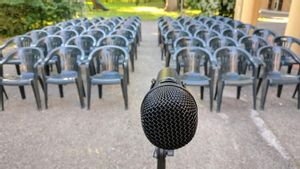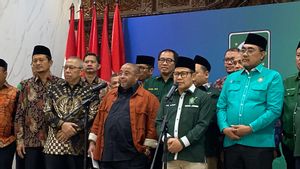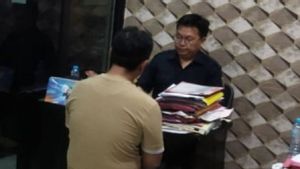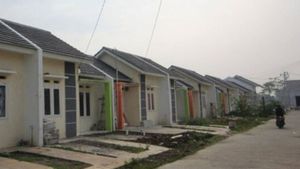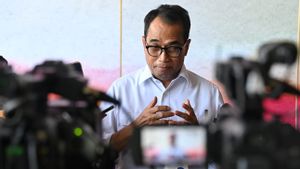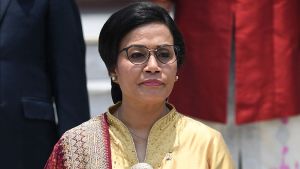
JAKARTA - The Director General of Vocational Education at the Ministry of Education, Culture, Research and Technology (Kemendikbudristek) Wikan Sakarinto said the Vocational High School (SMK) Center of Excellence can be developed in frontier, remote and disadvantaged (3T) areas.
"The Center of Excellence Vocational High School is developed in every province, even in the 3T area. For example in East Nusa Tenggara (NTT), there are not as many industries as in Batam, but they have local potential that can be developed, "said Wikan in the journal Education and Culture Corner: We Build Vocational Education for Advanced Indonesia which was monitored in Jakarta, reported by Antara, Saturday, 8 May.
For example, in NTT, the regional potential in the livestock sector is able to provide cattle to Jakarta. However, on the way from NTT to Jakarta, most of the cows experienced a weight loss of up to 15 percent due to the stress of the trip.
"As a result, prices have dropped. Through the SMK Pusat Excellence, we can make innovations in the processing of livestock products, so that they can produce food that can prevent cows from becoming stressed, "he added.
Likewise in North Sulawesi, exporting tuna to Japan. Kemendikbudristek designed SMK-D2 fast-track fishing with the aim of producing superior human resources in the field of fishing.
In 2021, continued Wikan, Kemendikbudristek is targeting as many as 900 SMK Center of Excellence. In its implementation, the Central Vocational High School of Excellence is accompanied by a vocational college in the area.
"In this case, the role of local government is very much needed in providing guidance to SMK in the region," he said.
Wikan explained that vocational education must be in line with industry and implement 8 + i, which is the involvement of the world of work in all aspects of the provision of vocational education.
Eight things need to be done, namely a curriculum compiled together with industry, real project-based learning from the world of work, the number and role of teachers or instructors from industry and experts from the world of work, field work practices or industry. In addition, competency certification, technology updating and training for teachers or instructors, applied research to support the "teaching factory", and uptake commitment, as well as various possibilities for cooperation that can be done with the world of work, such as scholarships, donations in the form of equipment and others.
The English, Chinese, Japanese, Arabic, and French versions are automatically generated by the AI. So there may still be inaccuracies in translating, please always see Indonesian as our main language. (system supported by DigitalSiber.id)



